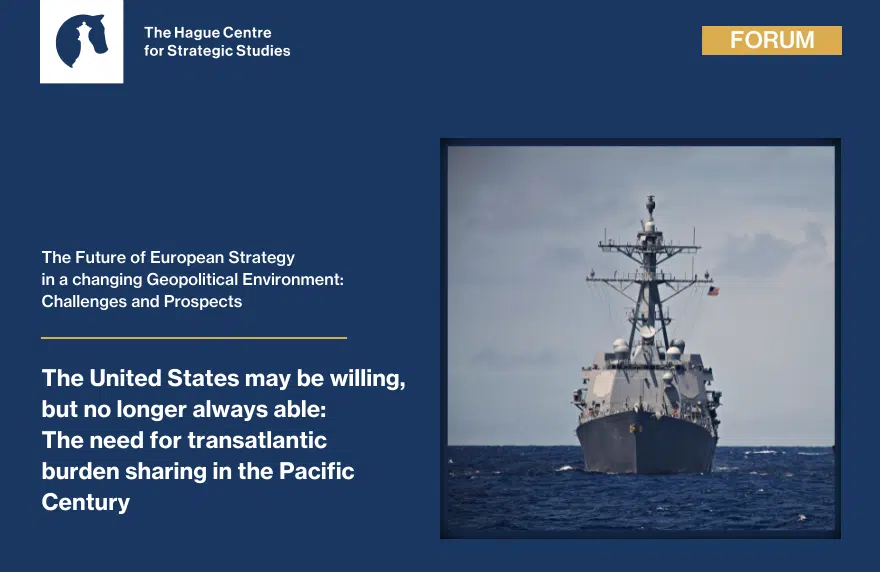What role should normative power play in European strategy? How should Europeans think about relations with US, China and Russia within the context of debates about strategic autonomy?
To find out, read the latest installment in the HCSS forum on European strategy!
With brand-new essays by Trineke Palm (Netherlands Defence Academy) and HCSS Senior Strategic Analysts Paul van Hooft and Jack Thompson, edited by Michiel Foulon (Center for Security Studies, ETH Zürich) and Jack Thompson (HCSS).
- Trineke Palm argues that normative power is an essential instrument in the EU’s foreign policy toolbox and should play a central role in debates about strategic autonomy. (Essay link)
- Jack Thompson contends that when it comes to the transatlantic relationship Europe will need to be ambidextrous: cooperating with the US where possible but also developing the ability and political will to act independently where necessary. (Essay link)
- Paul van Hooft writes that European strategic autonomy is necessary as US shifts focus to Indo-Pacific. Europe should do more for its own security in ways bolstering transatlantic alliance e.g. investing in conventional deterrence vis-à-vis Russia. (Essay link)
More great essays – and the conclusion – next week.








